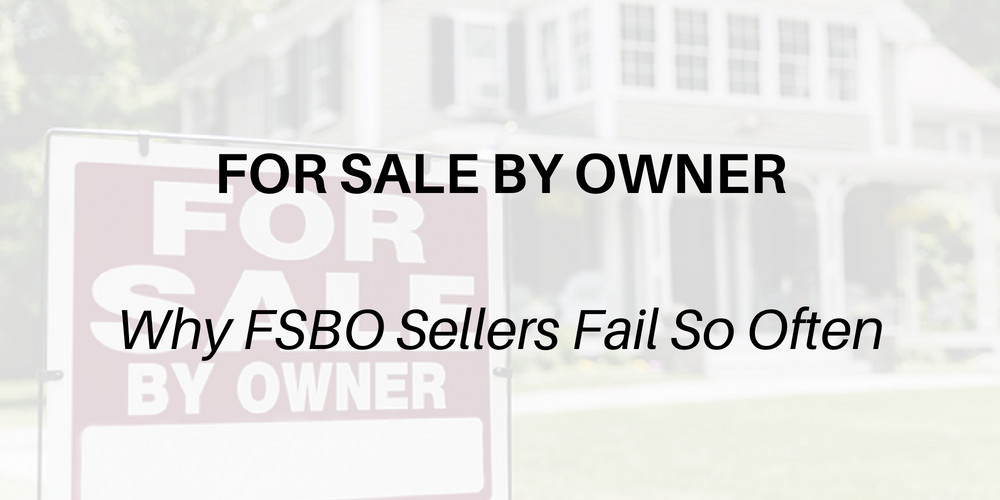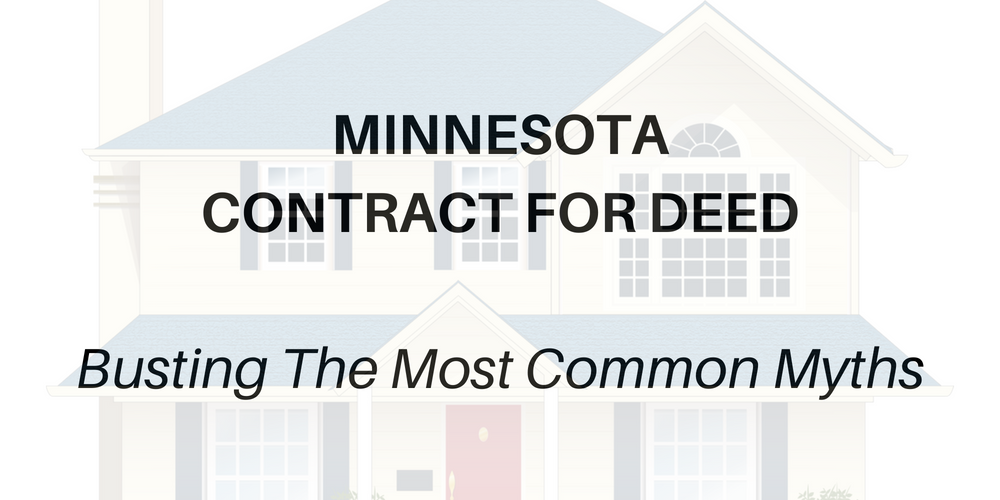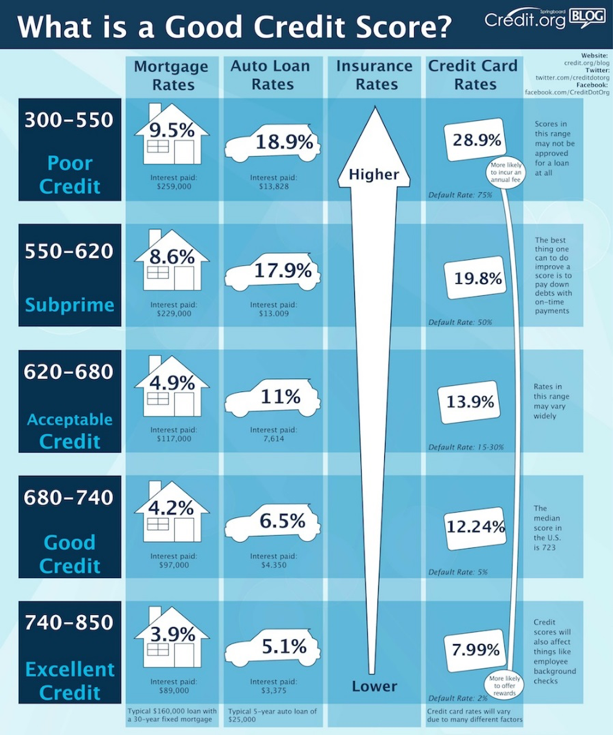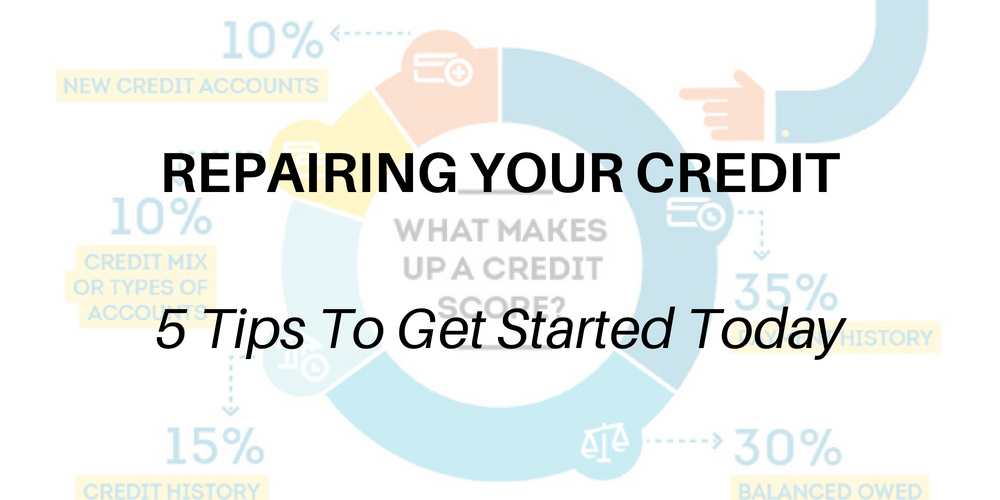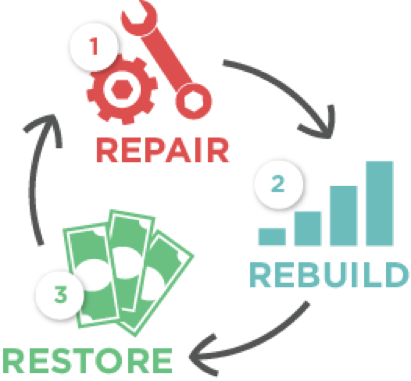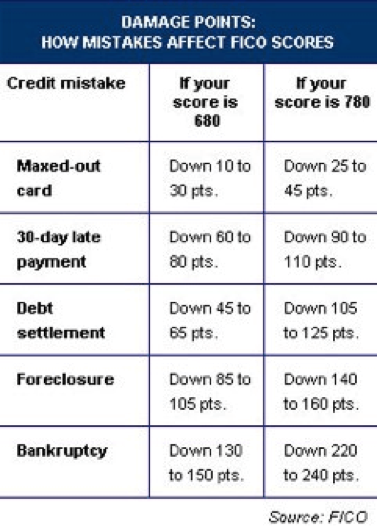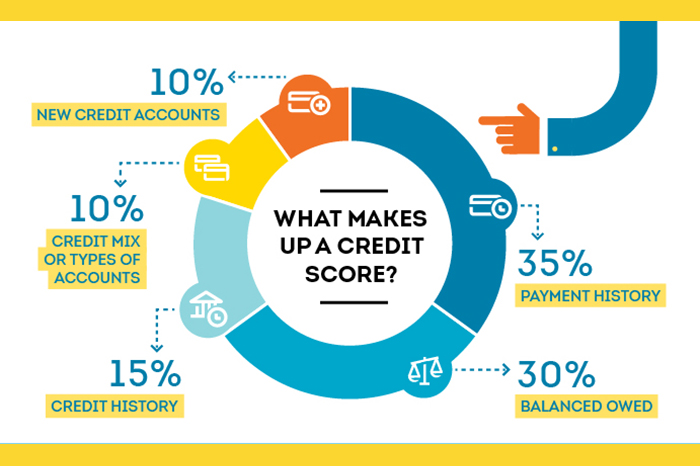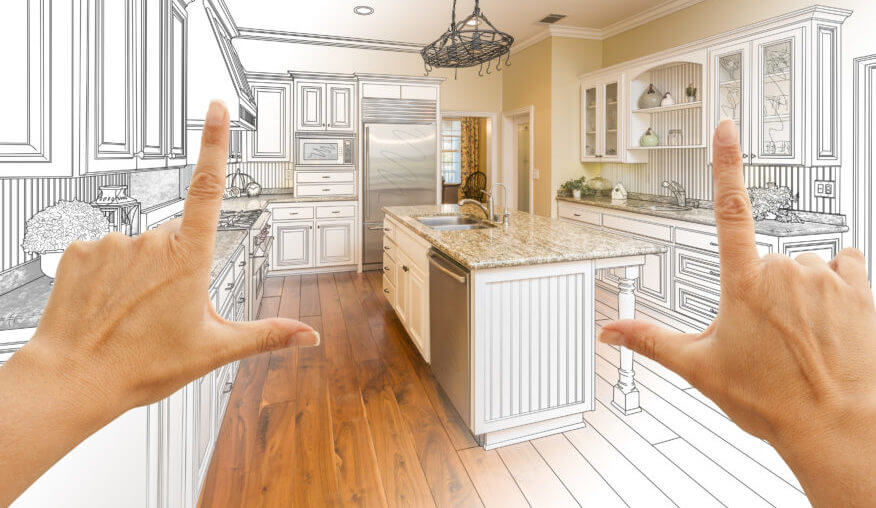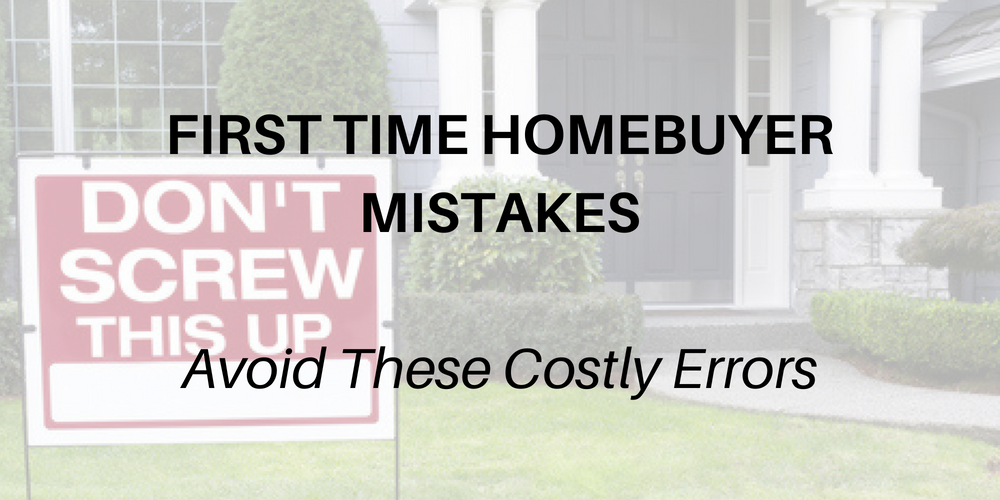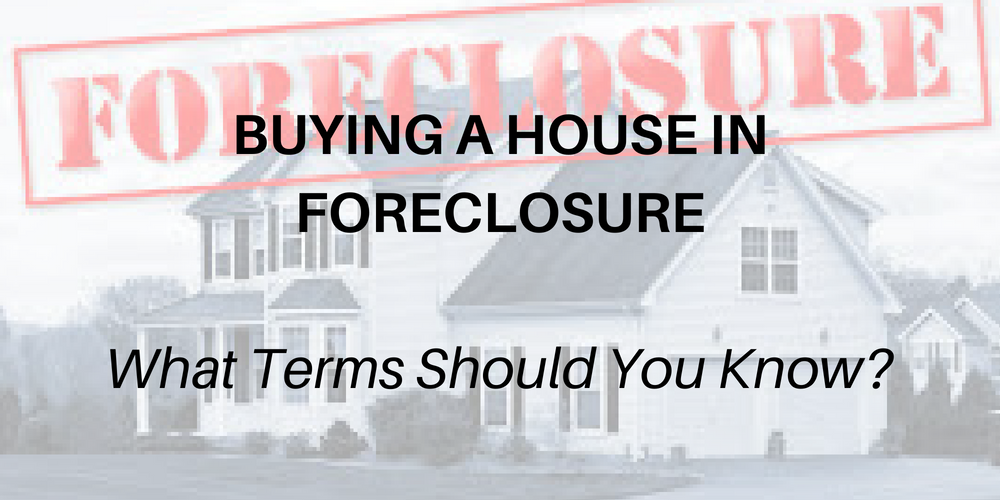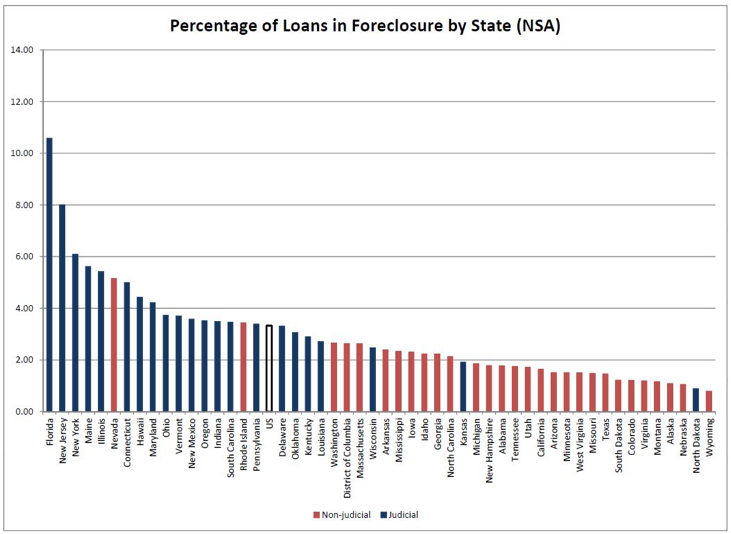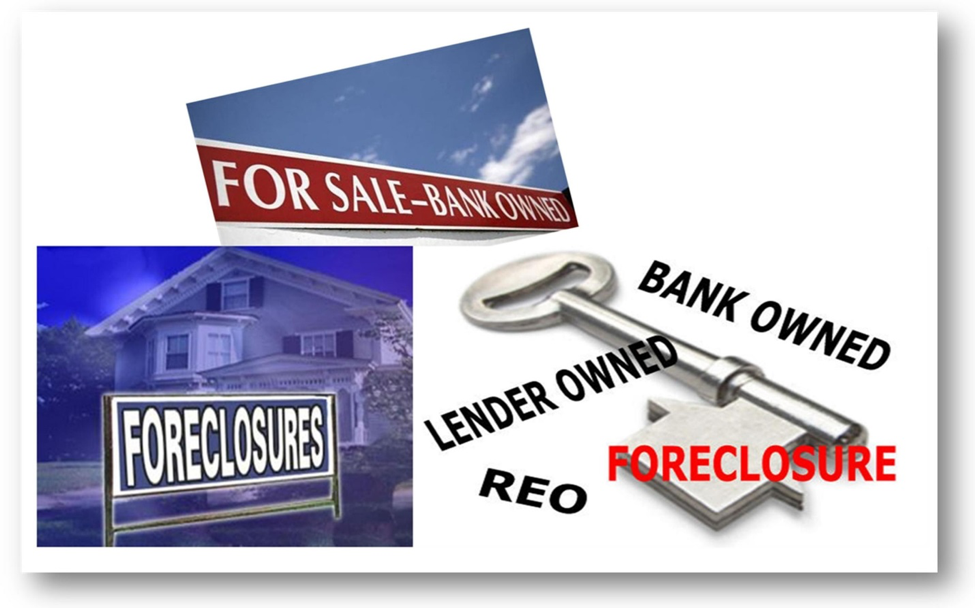5 Reasons To Avoid “For Sale by Owner”
https://www.c4dcrew.com/wp-content/uploads/2018/08/CONTRACT-FOR-DEED_-PROS-AND-CONS-5.png 1000 500 Sam Radbil Sam Radbil https://secure.gravatar.com/avatar/c8f81a032b93592f72744c525214f92a?s=96&d=mm&r=gSo, you think you should try out the seemingly simple and affordable for sale by owner home sale technique?
You may be a dedicated DIYer. You know how to change your own oil, do HVAC repairs (if you don’t, you can find guides to the best HVAC contractors online), you are a big seller on eBay, and you know how to handle the Craigslist crowd.
You always buy cars rather than lease them, and you sell them after a few years, usually at a profit. You don’t like middlemen, and you avoid sites that claim 10 plumbers will bid on your project as you know how to find qualified vendors. But now it’s time to sell your house, and you are ready to put up the For Sale by Owner sign. Before you do that, however, consider the following reasons you need a Realtor.
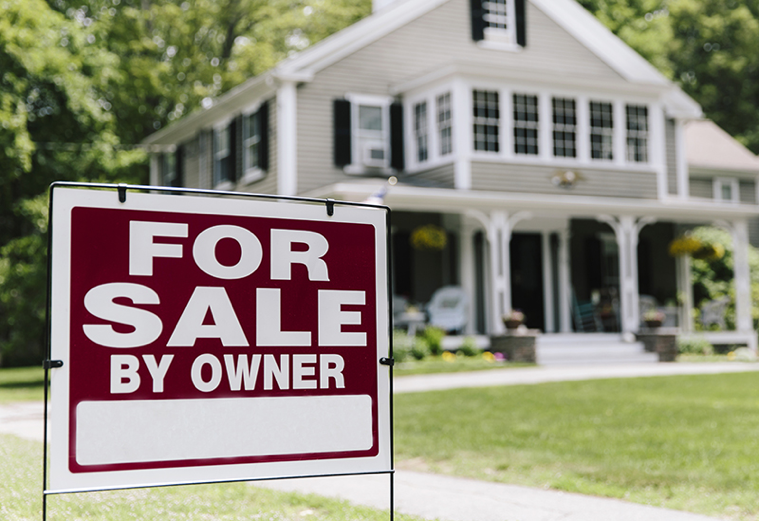
For Sale By Owner: The Time It Takes
When you hire a Realtor, they do the work. What work? Assessing your property’s condition and taking quality photos are two important early tasks.
Quality photos don’t mean hurried iPhone pics either. Ever notice how many shots of for sale properties are dominated by deep blue skies and warm orange glows? Do you know how to do that? How long would it take you to get 40 excellent representations of your home?
Pricing It Correctly
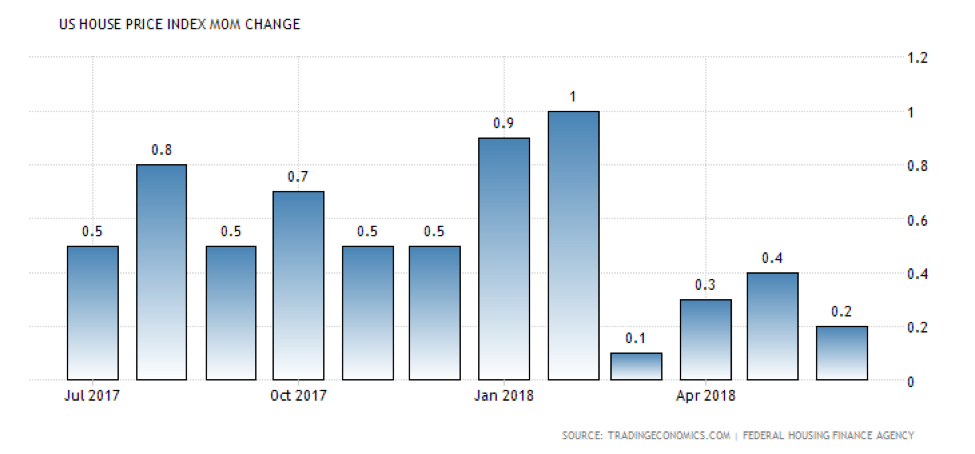
We’ve mentioned in previous posts the story of our client’s uncle who offered the following home sale pricing formula:
“Save every receipt for every repair and improvement you have. Then, add that to the original cost of your home, factor in inflation, and that will determine your asking price.”
That’s a sure method to under or overprice your home. A good Realtor will know your market, and after viewing your home, he or she will quickly know the price range in which your house will sell. Overpricing a home can be slow death as you watch the market ride it down, and while underpricing can produce a quick sale, you can lose thousands.
Perception and Agent Boycott
For sale by owner homes can be negatively perceived by buyers because they may not want to deal directly with an owner. While an agent may reply quickly, an owner may not, and prospective buyers may shy away from any situation where communication may be lacking.
Some brokers do not like homes that are for sale by the owner and don’t want to deal with commission or legal issues with what they may feel is a grossly under-informed seller. Even if you know what you are doing, real estate agents may not care to even find out, as they may take their clients to a more traditional situation.
Tied Up Property
Do you know how to vet a potential buyer? Do you understand option periods?
Are you comfortable with financing contingencies? If you aren’t careful, you could have your property removed from the market and tied up for 30 or 60 days while you wait for financing that never materializes.
Realtors can help minimize this problem.
Commission v. Sales Price
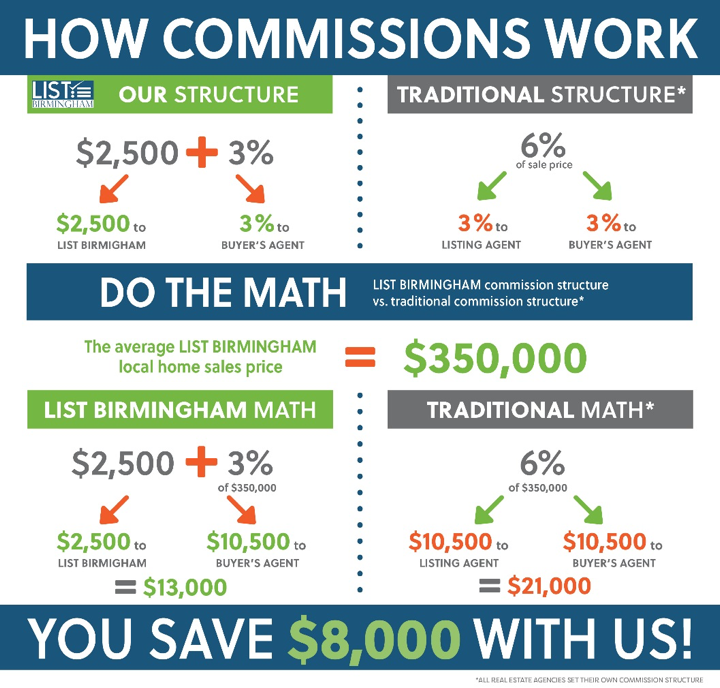
Finally, look at what you are paying for. Sure, six percent commission on a $200,000 sale is $12,000. But that $12,000 buys you a great listing, instant MLS exposure, networking with other Realtors, legal diligence regarding potential buyers and offers, and a person that is dedicated to getting your property sold.
In addition, you may get $12,000 more than you would have if you follow the Realtor’s suggestions about staging, landscaping and showing your property.
If these five reasons aren’t enough, remember that with a Realtor, potential buyers are screened before they are let into your home.
At C4D, we make home ownership possible by utilizing MN contract for deed. And yes, we’ll work with your Realtor to help your home ownership dream come true. We love traditional financing, but if you can’t get it, contact us.

